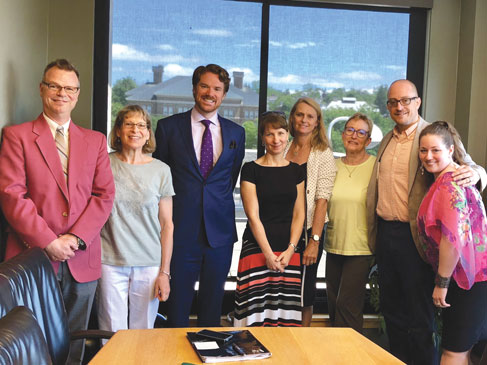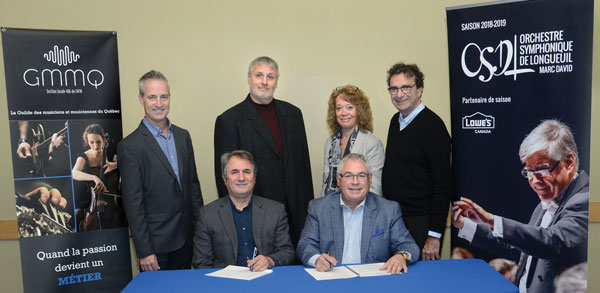In late September, musicians of the Washington National Opera and Kennedy Center Opera House Orchestras ratified three-year agreements retroactive to September 1, 2018. Musicians were previously performing under one-year agreements with the Washington National Opera and The Kennedy Center.
While there were slight raises with the agreements negotiated last season, musicians will see more substantial increases under this CBA. With pay raises in each year, combined salary will increase to $74,241 by the 2020-2021 season, up from $70,133. This covers seven weeks with the Kennedy Center Opera House and 342 work hours with the Washington National Opera. Orchestra size remains 61 musicians.
The tone at the bargaining table was collaborative in these latest negotiations; management did not seek to reduce the guarantees or propose salary cuts or freezes, as they had last year. The two sides compromised on the contribution rates to the multi-employer benefits fund. Among other miscellaneous CBA terms, it was agreed that all printed programs will now indicate that the musicians are represented by Local 161-710 (Washington, D.C.).



